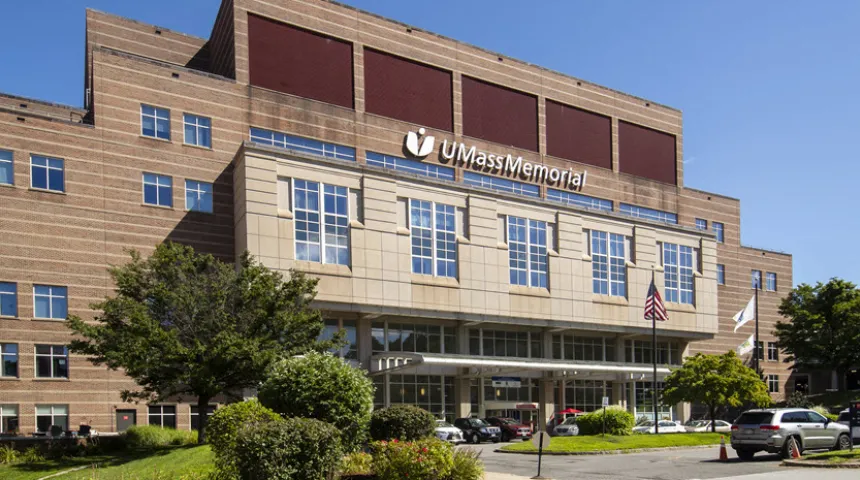Prescription Center Pharmacy
A convenient way to fill prescriptions
Our Prescription Center Pharmacy Locations

UMass Memorial Medical Center - University Campus
55 Lake Avenue North,
Worcester, MA 01655
855-UMASS-MD
UMass Memorial Medical Center - University Campus

UMass Memorial Medical Center - Memorial Campus
119 Belmont Street,
Worcester, MA 01605
855-UMASS-MD
UMass Memorial Medical Center - Memorial Campus
